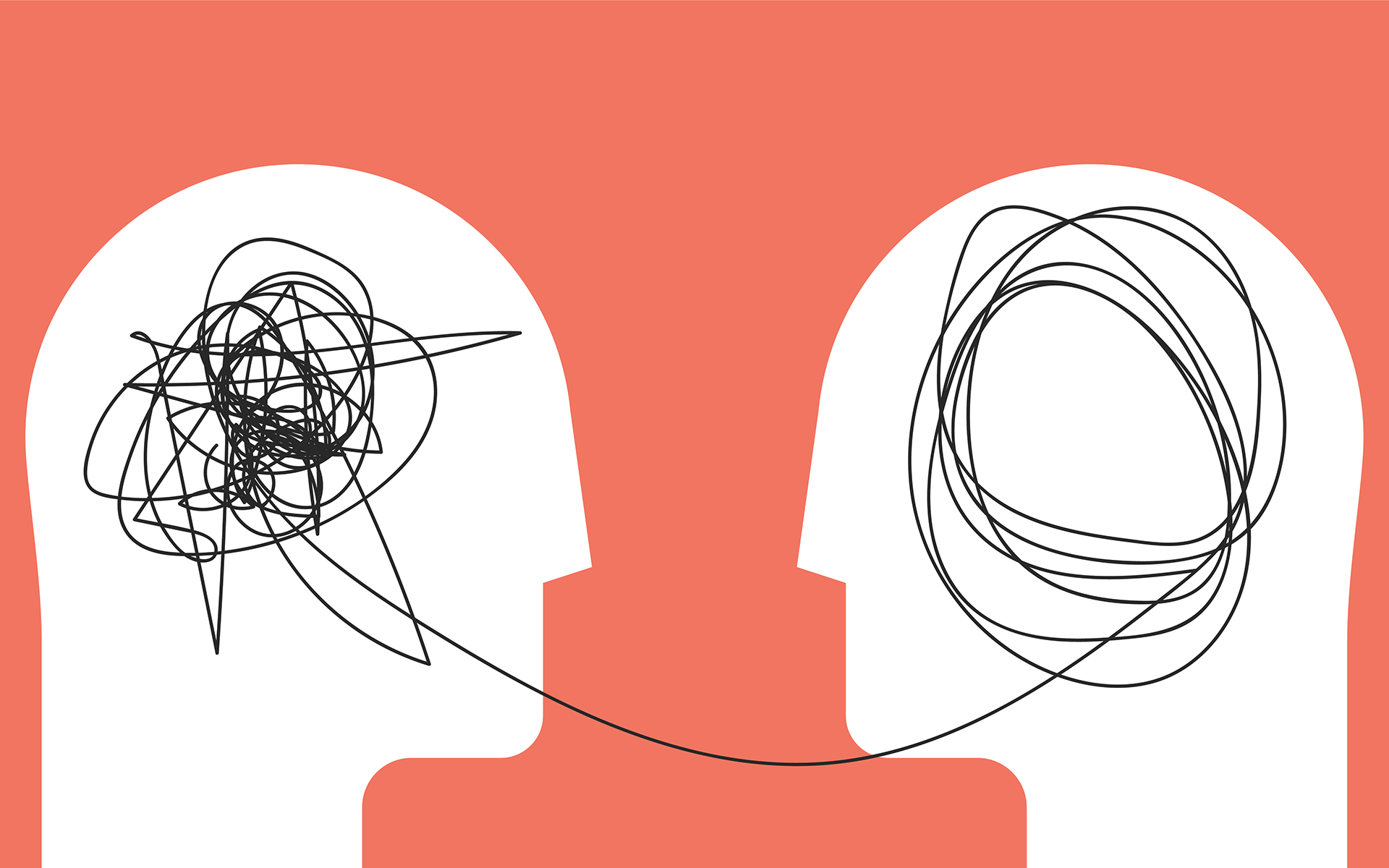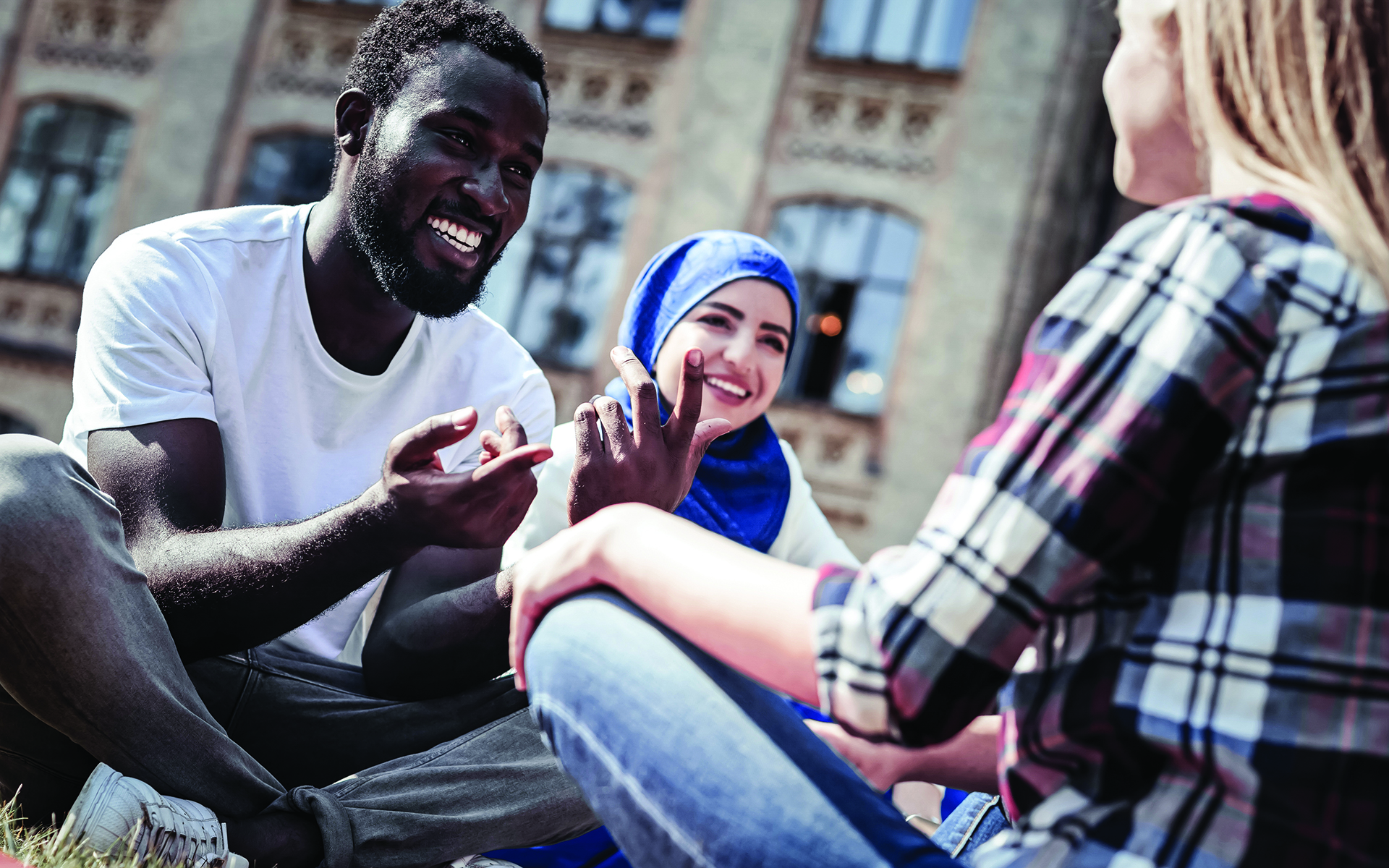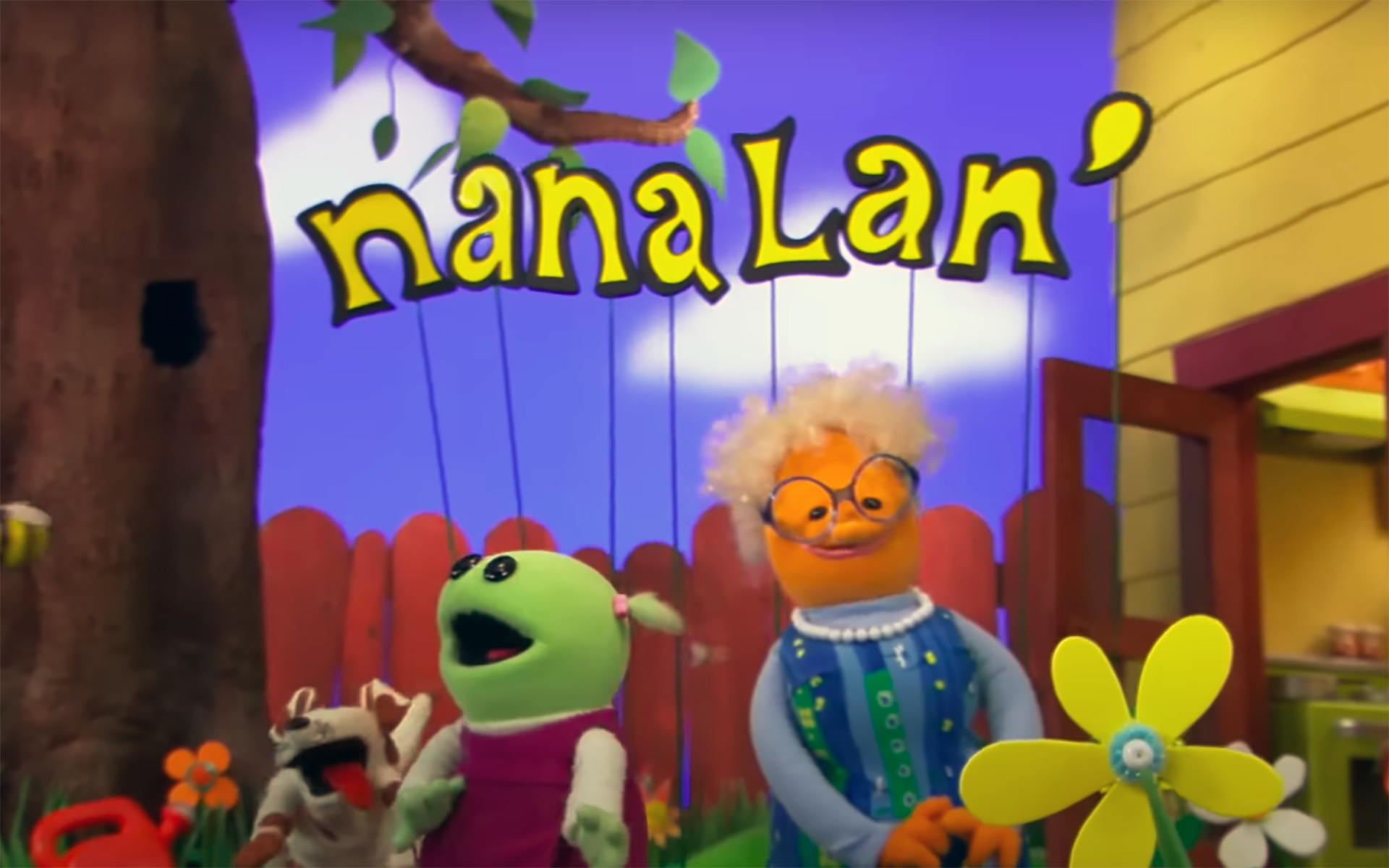Getting Angry
Cognitive-behavioral group therapy (CBGT) and Mindfulness-Based Stress Reduction (MBSR) are frequently used to ease social anxiety. We know little about whether anger—expressing or holding it back—affects how well these therapies work. In this study, 108 adults with social anxiety disorder were randomly assigned to either a CBGT group, an MBSR group, or a waitlist. Their levels of anger expression and social anxiety were assessed before treatment, and social anxiety symptoms were measured following the intervention and every three months for a year’s follow-up. Both MBSR and CBGT sessions ran for 12 weeks in 2.5 hour sessions. CBGT included psycho-education, skills for examining thoughts, and gradual exposure to social situations, while MBSR included standard MBSR instruction. Neither intervention explicitly addressed anger. After treatment, CBGT group members who coped with their anger showed greater reductions in social anxiety than those who managed their anger in the MBSR group. Over the follow-up period, higher anger expression was linked to a smaller reduction in anxiety symptoms in the MBSR group. Further research is needed to explore the effects of expressing or suppressing anger on various therapies.
Still Peckish
Researchers in the Netherlands asked one group of adults to perform a 4-minute body scan, and a second group to listen to an audio recording about tourism. People in both groups then drank water through a straw, and identified their first sign of feeling that they’d had enough to drink. They then continued drinking until their stomachs were completely full. Both groups reported having had enough and feeling full at about the same time, suggesting that such a brief mindfulness intervention did not increase eating-related body awareness.
Mindfulness for Latinx Communities
To date, few mindfulness interventions have focused on the needs of Latinx children and their parents. A recent pilot study examined whether 27 families with 10- to 16-year-old youth who engaged in a community-derived mindfulness intervention would experience less stress and greater mindfulness, emotion regulation, and social support than a non-intervention control group.
Latinx parents who took part in a mindfulness intervention reported significantly less stress, and their children noted feeling greater social support from family members.
In response to community feedback, the intervention was delivered to groups of parents and children in seven weekly 1-hour sessions in both English and Spanish. It included instruction on mindfulness, stress reduction, and other life and relationship skills. Following the intervention, parents in the mindfulness group reported significantly less stress, and their children noted feeling greater social support from family members than those in the control group.
Breath Under Pressure
Researchers wanted to know whether a brief mindfulness training could improve participants’ working memory (WM) performance under stress. They randomly assigned 162 undergraduate students to one of four training groups: a breath-awareness group, a loving-kindness meditation group, a gratitude reflection group, or an attention task group. All trainings were delivered in 12-minute audio instructions. Before and right after training, all participants completed a questionnaire about their mood, and solved simple math problems while simultaneously memorizing a set of letters to assess their memory capacity under stress. No differences in WM were found between the loving-kindness, gratitude, or attentional control groups. Those who did breath-awareness training had the poorest memory performance. The take-home: Not all mindfulness practices have the same effect.
READ MORE
Q&A: How Mindfulness-Based Cognitive Therapy Can Reach Many More People in Need
Zindel Segal and Sona Dimidjian share the story of their mission to bring MBCT online, and how that led to their new digital platform Mindful Noggin.
Read More
Study considers whether meditation training enhances social behavior—or decreases it
A recent set of studies shows that while mindfulness may enhance self-awareness, it does not necessarily increase prosocial behavior.
Read More
Encouraging Conversations About Race, Training the Brain, and More Mindfulness News
Keep up with the latest in the world of mindfulness.
Read More










